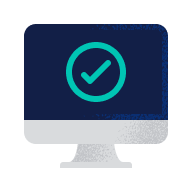id
This is a '404 error' which means our website can't locate the link you've entered or clicked on.
Here are some suggestions:
- You can find the full website navigation at the top of this page
- If you’ve typed in the web address, please check it again for accuracy and any spelling errors, or select and copy the web address into the address bar
id
Were you looking for...
-
 Contact details for existing policies
Contact details for existing policiesExisting policy enquiry contacts
Information and contact details for existing policy enquiries
-
 Information on registration and access
Information on registration and accessRegistration and access help
Information on how to register for adviser online services and more
-
 Contact us
Contact usContact us
Contacts details for specific products and services